dolphins.html">Dolphins are widely regarded as some of the most intelligent and social animals on the planet. However, due to increasing human activity, many dolphin populations are rapidly declining. Out of the 37 known dolphin species—ranging from marine (saltwater) to freshwater river dolphins—many are now facing extinction threats.
In this article, we introduce six endangered dolphin species, where they live, why they're at risk, and how we can help protect them.
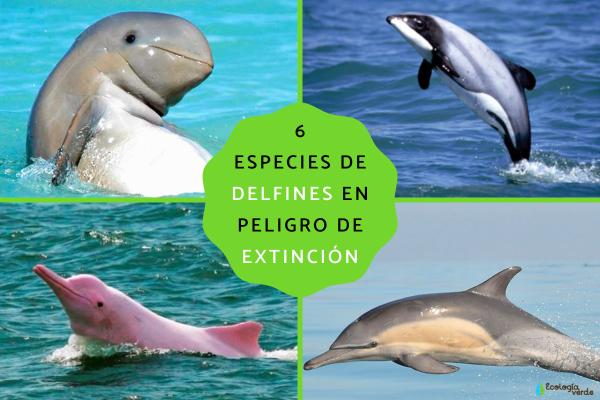
The Māui dolphin is a subspecies of Hector’s dolphin and is endemic to the west coast of New Zealand’s North Island. It is one of the smallest and most endangered cetaceans in the world.
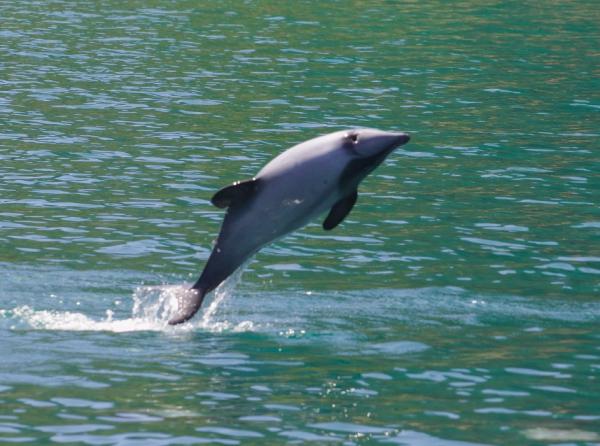
Population: Fewer than 60 individuals remain.
Main threats: Accidental entanglement in fishing nets, habitat degradation.
Conservation status: Critically Endangered (IUCN)
A unique population of the common dolphin lives in the Gulf of Corinth, Greece, and is genetically isolated from other groups.
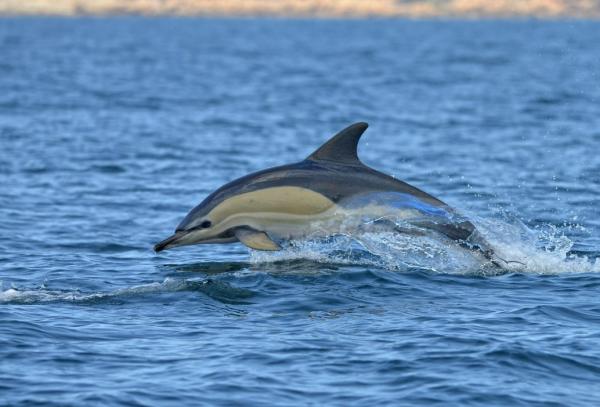
Main threats: Overfishing (prey depletion), habitat degradation, pollution (chemical and noise).
Conservation status: Critically Endangered (IUCN)
Also known as the pink dolphin, this freshwater species lives in the Amazon and Orinoco river basins across six South American countries, including Brazil, Colombia, and Peru.

Main threats: Fishing net entanglement, dam construction, mercury pollution, and intentional killing for bait.
Conservation status: Endangered (IUCN)
Native to the Indus River in Pakistan and parts of India’s Beas River, the Indus River dolphin has experienced population fragmentation due to damming and water diversion.
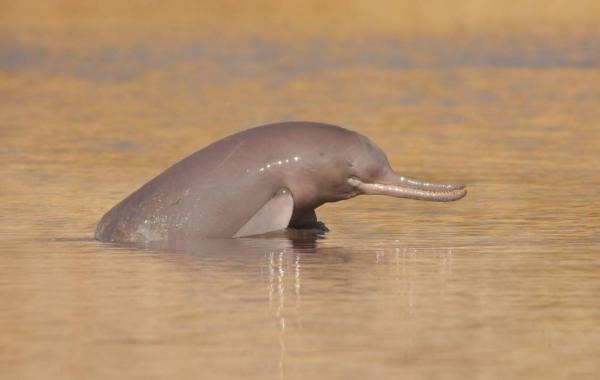
Historical threats: Hunted for meat and oil (now banned).
Main threats: Habitat loss, reduced river flow.
Conservation status: Endangered (IUCN)
Found in shallow coastal waters and river systems across Southeast Asia, Irrawaddy dolphins are shy and rarely seen.
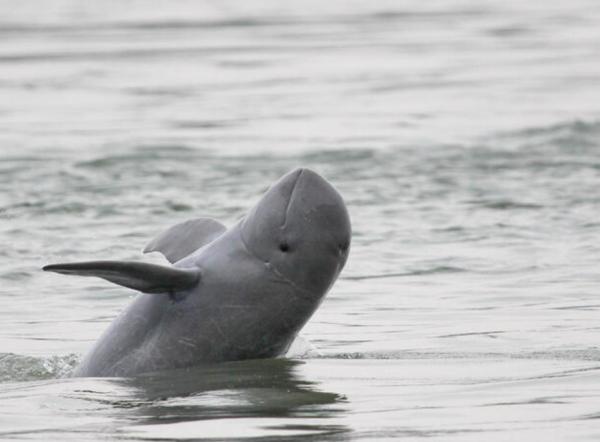
Main threats: Fishing net entanglement, habitat sedimentation, boat traffic, reduced fish availability.
Conservation status: Critically Endangered (in many river systems)
Native to coastal waters of Argentina, Uruguay, and Brazil, the La Plata dolphin is sometimes misclassified as a river dolphin but mostly lives in marine environments.
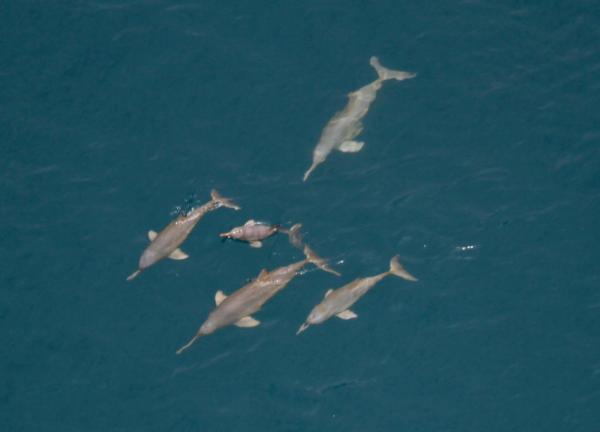
Main threats: Accidental capture in gillnets, plastic ingestion.
Conservation status: Vulnerable (IUCN), but some populations are nearing endangered levels.
Although the threats are serious, there are concrete actions we can take:
Government and NGO-led conservation programs should focus on population research, threat analysis, and protection strategies—such as the River Dolphin Initiative in South America.
Support laws that regulate overfishing, reduce pollution, and protect marine habitats. Citizens can advocate for stronger enforcement.
Environmental education campaigns play a critical role in building public support for dolphin conservation.
Minimize single-use plastics and avoid products containing harmful chemicals to help reduce ocean pollution.
Bibliography
Kreb, D. (2005). Conservation management of small core areas: key to survival of a Critically Endangered Population of Irrawaddy River Dolphins Orcaella brevirostris in Indonesia. https://www.cambridge.org/core/services/aop-cambridge-core/content/view/48DBCD4E06C81EEA6C3FD55779382C58/S0030605305000426a.pdf/conservation-manag ement-of-small-core-areas-key-to-survival-of-a-critically-endangered-population-of-irrawaddy-river-dolphins-orcaella-brevirostris-in-indonesia.pdf
Red Lists of the International Union for Conservation of Nature. Website: https://www.iucnredlist.org/
Oremus , M. , Hamner , R. M. , Stanley , M. , Brown , P. , Baker , C. S. , & Constantine , R. (2012). Distribution, group characteristics, and movements of the Critically Endangered Maui's dolphin Cephalorhynchus hectori maui. Website: https://www.int-res.com/articles/esr2012/19/n019p001.pdf
Zhang , X. , Wang , D. , Liu , R. , Wei , Z. , Hua , Y. , Wang , Y. , & Wang , L. (2003). The Yangtze River dolphin or baiji (Lipotes vexillifer): population status and conservation issues in the Yangtze River, China. Website: https://onlinelibrary.wiley.com/doi/pdf/10.1002/aqc.547?house_token=kqRgwytaxOkAAA AA:SS7tj0lMkOc1XHIjc3IuMX3onvnSr3G-OKEri_kIaMFvFUEyWow86mOKcpTqsQlX_1ogjG5t85Pcbg
animal tags: Endangered Dolphin
We created this article in conjunction with AI technology, then made sure it was fact-checked and edited by a Animals Top editor.